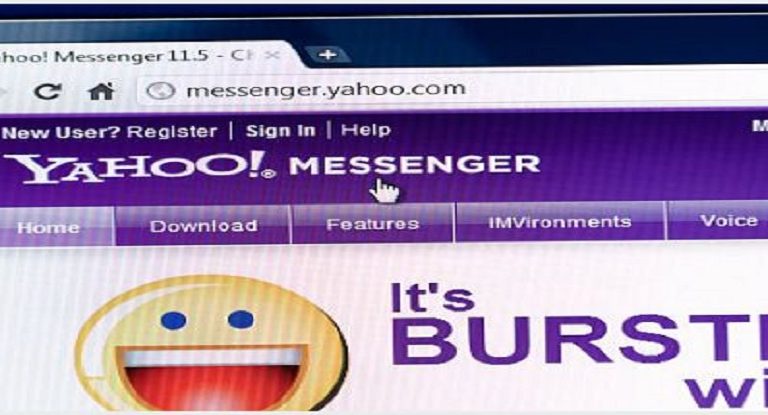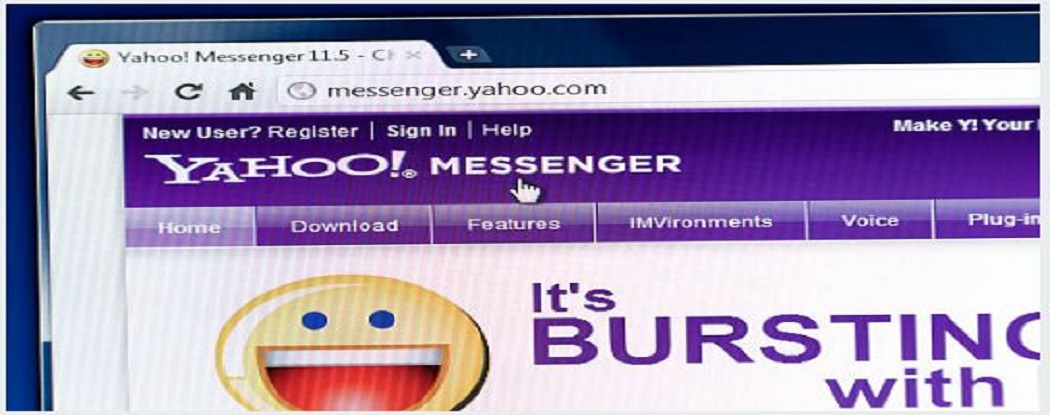
Monitoring Employees’ Emails and Internet Usage

16
Oct
by Suzie
Business Owner & Senior HRBP
In This Category
- Employment Law Updates: Key Changes April 2025
- A Guide to Work Experience, Internships, and Vacation Schemes in the UK
- Harassment Quiz: True or False?
- Flexible Working: Now a Day One Right for Employees in the UK
- Changes to Holiday Pay, Record Keeping, and TUPE Consultations Effective January 1, 2024!
- More...
Other Categories
- Breathing Space HR
- Management
- People Management
- HR
- Employment Law
- Employee Engagement
- Leadership
- Employee Wellbeing
- Mental Health
- Managing Performance
- Suzie Says...
- Diversity & Inclusion
- Employee Experience
- Employee Development
- Community Engagment
- Uncategorised
- Absence
- Redundancy
- Recruitment
- Family Leave
